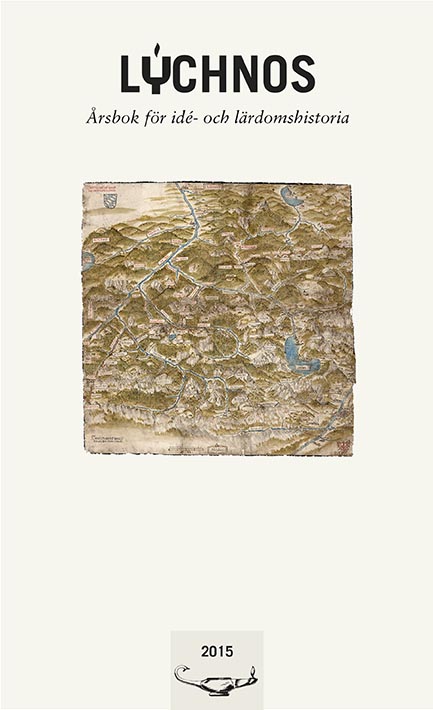Den upptagna rösten
Kassettbandets roll vid Foucaults Paris-föreläsningar och i hans Iran-reportage 1978
Nyckelord:
Michel Foucault, Ayatollah Khomeini, Iranian revolution, cassette tape, media historyAbstract
In the fall of 1978 Michel Foucault went to Iran to study the revolutionary movements first handedly. Largely ignoring the scholarly debate regarding whether his observations were accurate, reasonable, embarrassing, critical, naïve, consistent or not, I wish instead to turn the attention of Foucault’s encounter with Iranian protests in a different direction. A closer study of Michel Foucault’s observations in Iran as published in the Italian newspaper Corriere della sera at the time will reveal his strong interest in the media technologies used in the revolutionary struggle. Foucault is particularly keen on tracking the informal infrastructures of cassette tape trading. He reports of an entire communications network based on cassette tapes and players with participants from commercial, religious and other social communities parallel to the government’s broadcasts. According to Foucault in 1978, these grass root technologies will ultimately determine the outcome of the revolution. To be sure, the usages of the cassette tape were no novelty to Michel Foucault. For years, his series of lectures at the Collège de France had been overcrowded not only with listeners but with tape players spinning on his desk by the dozen, like some intellectual counterpart to the bootlegging of rock music performances. In this article, I argue that Foucault did have something explicit to say about the power of media and that it was insightful yet limited in scope. In the process of this argument, I find it necessary not only to ask about the role of small media in political battle but also about the status of the lecture – taped or not – in the body of work of an author. From the vantage point of the compact cassette tape, I try to demonstrate how this technology ended up supporting profoundly different uses among activists and audiences in Paris and Iran in the seventies.
Downloads
Publicerad
Nummer
Sektion
Licens
This work is licensed under a Creative Commons Attribution 4.0 International License. The copyright for the work published in Lychnos remains with the authors.


